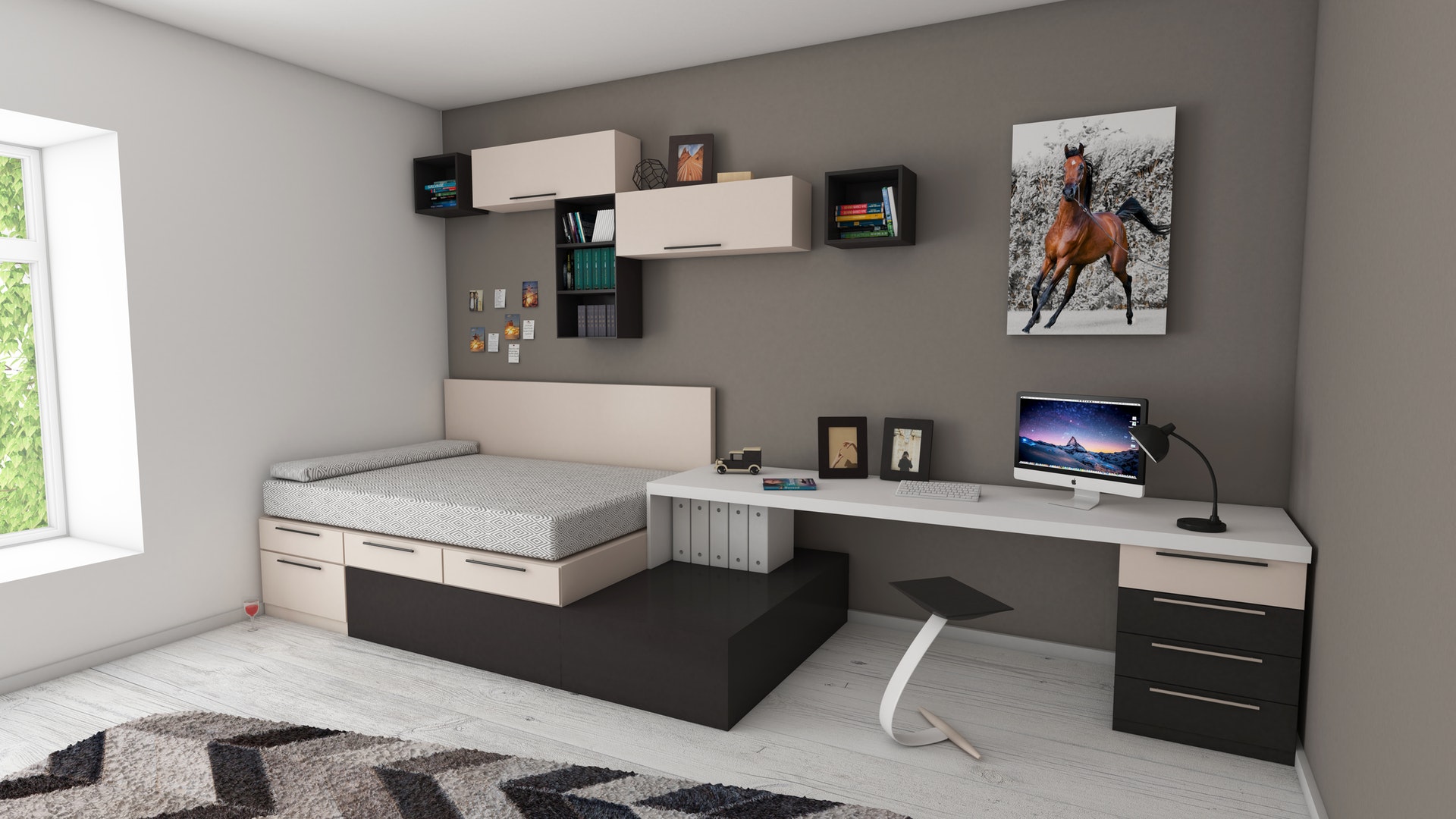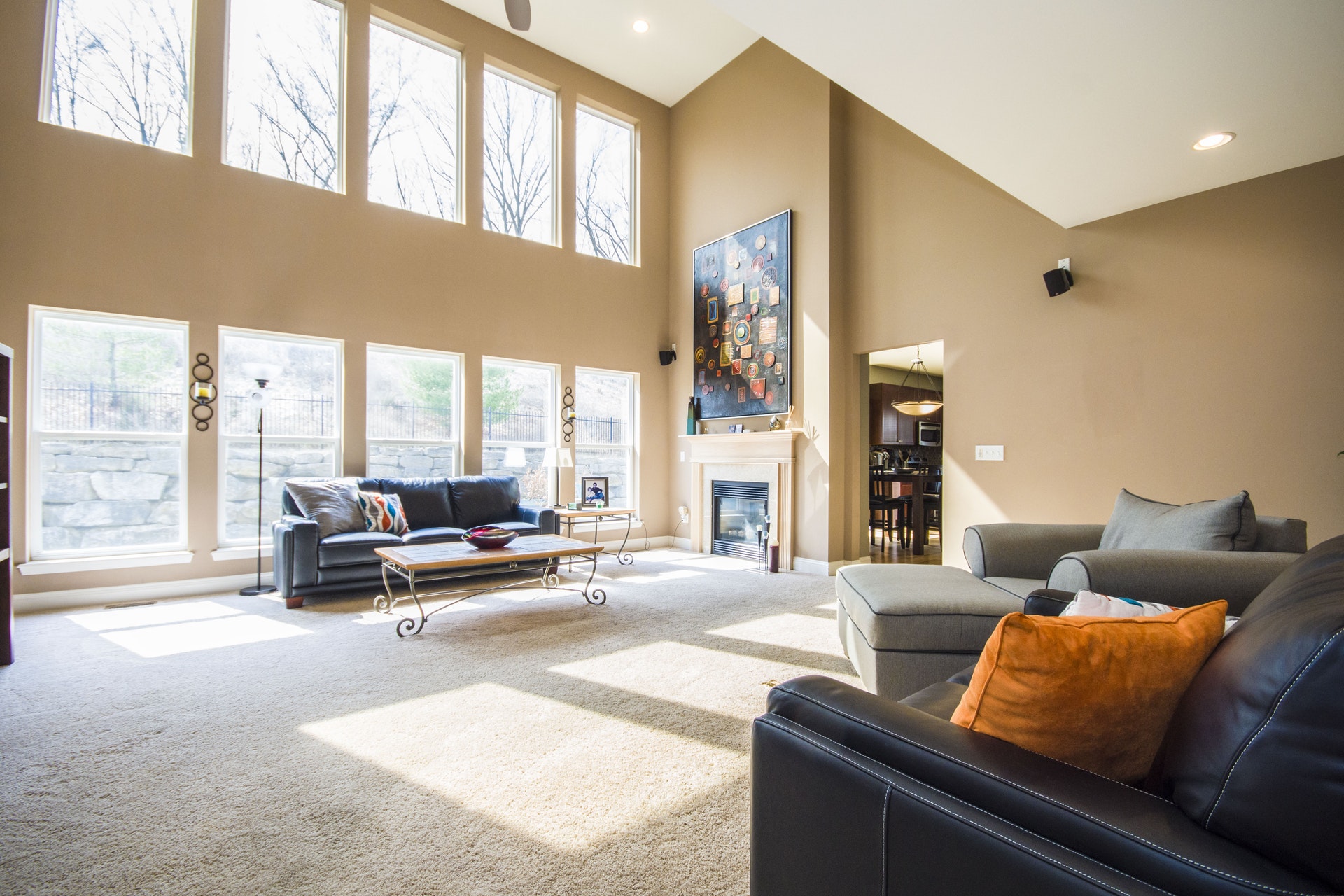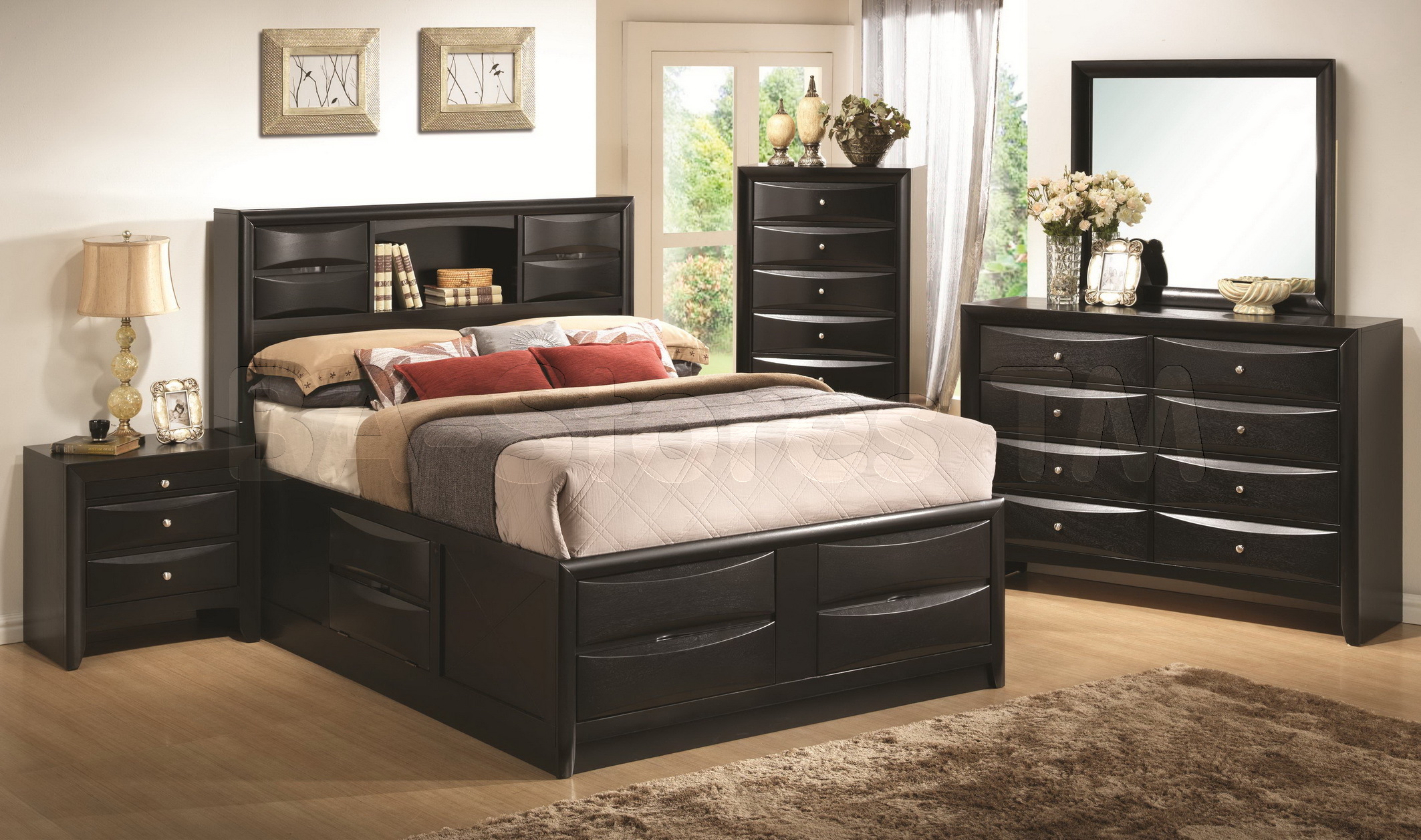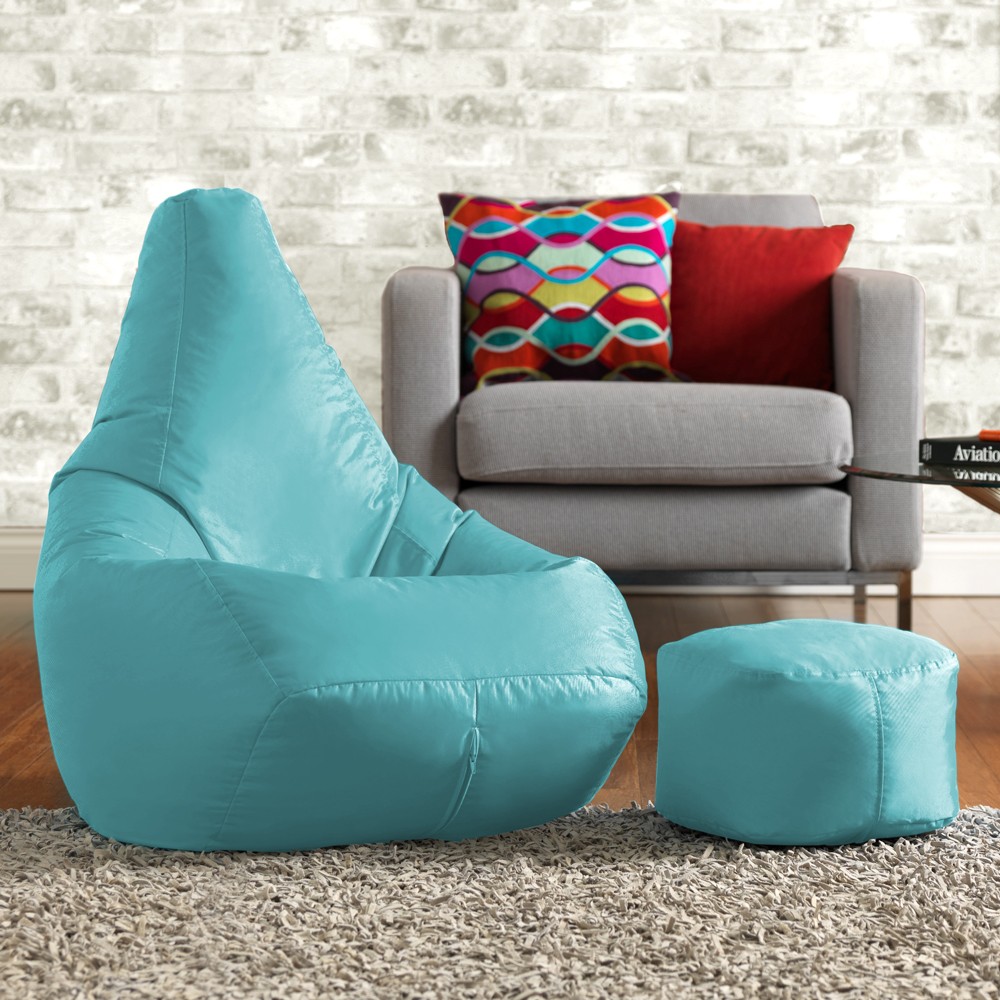The potential for home automation exists in many different areas, from lighting to heating. One of the areas in which there’s the most potential, though, is in security.
Home automation can be applied to many aspects of domestic security, from door locks and surveillance cameras to control of security lighting and blinds. In the US alone, the market for these technologies is expected to exceed $10 billion by next year.
Centrally controlled
The big benefit of automating your security systems is that you can control everything from a single location. If you’re at home, you can secure everything or check on your boundaries without having to leave your armchair. If you’re away from home, you can still control your security from your smartphone.
So what sort of things can a smart home automation company help you with, when it comes to keeping your home safe. Surveillance is one of the most popular options, having IP connected cameras that you can monitor from anywhere you have an internet connection. Indoor and outdoor cameras are available and you can get battery powered ones that don’t require you to run cables.
Indoor cameras let you check on your pets while you’re out. You can get cameras linked to a doorbell too, so that you can see who is calling before you open the door. Some systems let you talk to the caller – telling couriers where to leave a parcel, for example.
You can also go a step further and have connected locks installed. Not only do these allow you to open the door with your smartphone, they also allow you to control it remotely to allow tradesmen or deliveries into the house – or into part of the house – when you’re not at home.
Deterrent effect
If you want to start with something simple, smart home automation can allow you to create a deterrent effect to make it seem as though someone is at home. By controlling blinds and/or lights remotely, you can make it appear that the house is occupied. You can go further by using a smart plug to turn a radio on and off, for example.
The advantage of this is it’s relatively cheap – you can buy smart bulbs for less than £20, and it’s a good way of getting started with smart technology.






